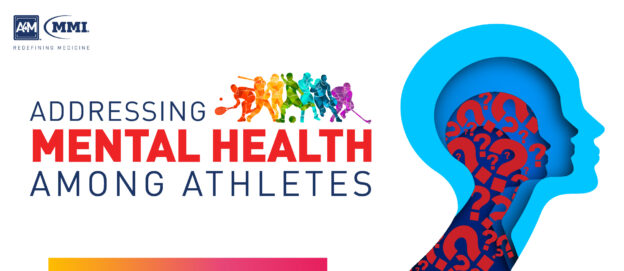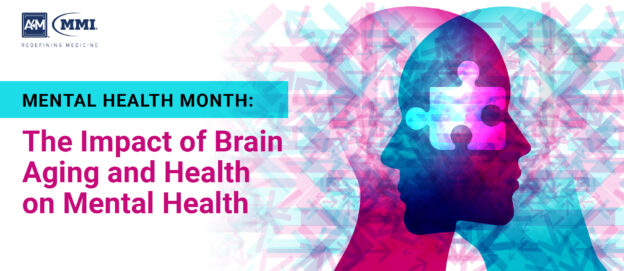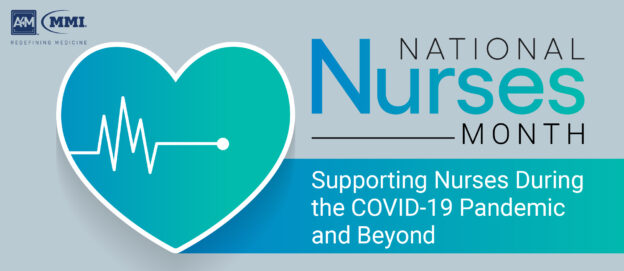Famed tennis player Naomi Osaka recently withdrew from the French Open due to concerns about her mental health; the athlete had suffered long depressive episodes and emphasized the unique pressures of being a high-profile athlete that led to her decision. Osaka’s example serves as an important reminder for the world of elite athletic competition, and can hopefully spur discussions concerning the importance of psychological wellbeing and mental health from tennis courts to the typical office environment.
Up until now, efforts to support elite athlete mental health have mostly centered on building literacy and awareness of the signs of disorders. While mental health awareness is necessary, it is not sufficient in addressing the varied and increasing psychologic needs of athletes. As such concerns increase among the population, clinicians can play a paramount role in supporting their patients’ mental health while being more conscious of the specific issue of athlete mental health to provide improved, holistic care.



